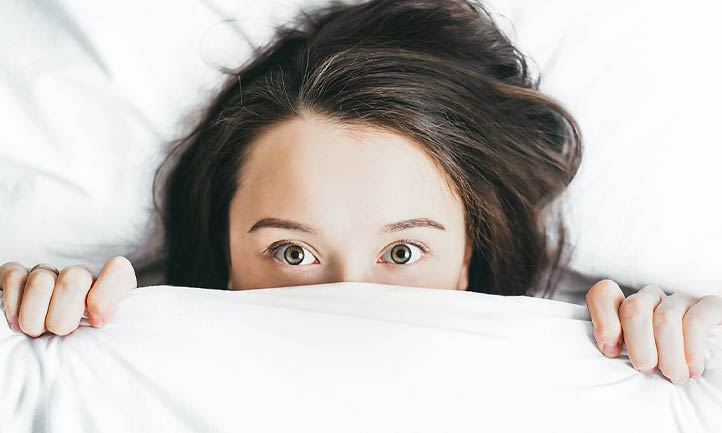Redefining Self-Care in the age of COVID-19
Author: Grace Seamon-Lahiff
As a therapist and researcher, I subscribe to a lot of newsletters, listservs and organizations that focus on trauma, grief, moral injury and all things mental health. Typically, all of these sources offer unique perspectives on the aforementioned subjects but these days they are singularly obsessed with self-care.
Every day, someone somewhere is offering content on self-care. Self-care for therapists, self-care for front line workers, self-care for clients receiving therapy, self-care for isolation, self-care for trauma, self-care for grief, self-care for baking too much banana bread because we are all eating our feelings right now and also somehow have too many overripe bananas!
It’s a lot.
I don’t know when the obsession with self-care began, but every time it is used, there is a recording of Inigo Montoya from Princess Bride saying “You keep using that word, I do not think it means what you think it means.” In the times of COVID-19, this feeling has only intensified.
 Photo: Alexandra Gorn on Unsplash
Photo: Alexandra Gorn on Unsplash
Originally, self-care was supposed to be an act of self-attention. In a world driven by perfectionism, self-care was supposed to be an oasis. A thing that was done just for the hell of it, not because it would make you a better, more successful human being.
Originally, self-care did not require a beauty product, a teeth-whitening tray, a glass of wine, or a piece of cake. It was less “treat yo self” and more “pay attention” to yourself. More “slow down and take stock of what matters,” and less “get this new thing” or “try this new technique” that is guaranteed to bring you joy.
No matter what the original definition of self-care was supposed to be, it feels like it has become just another thing we are supposed to be doing so that we don’t get our sad, our mad, our anxious, or our grief, on anyone else.
Right now the messaging around self-care feels a lot like a prescription for avoidance.
Instead of taking a moment to breathe into our sadness, we are being told to take a moment and breathe in order to escape our sadness. Instead of using exercise and movement to remind us that no matter how broken it feels, our heart is still beating, we are being told to outrun heartache and to use endorphins as a way to avoid unwanted emotion.
In a nation where our customary greeting is a genuinely disinterested “How are you?” and the only appropriate response is “fine,” “good” or “great,” it should be no surprise that self-care has morphed into a euphemism for escape. Yet anyone who has been through the darkness of trauma and grief will tell you that feeling the feelings is what helps you make moves toward the light.
Because of this, I would like to propose a new definition of self-care. Instead of self-care as self-indulgence or avoidance, I propose that we view self-care as any activity that forces us to participate in our emotions, our lives and our bodies.
Depression or grief trying to convince you to stay in bed? Then your self-care might just mean getting up to take a shower. Even if you return to your bed, you will have taken the time to change your surroundings, connect to your body and be alone with your thoughts.
Is anxiety trying to tell you that only catastrophe is possible? Watch a dance video on YouTube to remind yourself that people are capable of passion and beauty. Go outside for a walk, not to escape from the anxiety, but to feel your beating heart and to notice that even in the midst of a pandemic, the trees are still blooming.
I want to live in a world where self-care means parents taking the time to read their children a book before bed. Where self-care is taking the time to sit down and cry because everything feels like it’s falling apart. I want to live in a world where self-care is sometimes hard and sometimes silly and sometimes mundane.
More importantly, I want to live in a world where we don’t have to make up an excuse, like self-care, to be vulnerable, and sad and afraid. I want to live in a world where we give ourselves permission to feel these things without shame or guilt. Because that is a world that doesn’t need self-care, it is just a world full of people willing to walk in the darkness together and believing that every step they take is one step closer to a world of light.
Grace Seamon-Lahiff is a military brat, a military spouse, and a licensed Marriage and Family Therapist. She is currently getting her doctorate at Catholic University and works for TAPS as the manager for Research and Impact Assessment. Prior to coming to TAPS, she served as a mental health clinician for Marine Corps Community Services, providing therapy and creating preventative mental health programs.
